Seven foods with creatine to help you meet your workout goals
Eating foods with creatine can help with your fitness goals. Here are seven that you should incorporate into your diet if you’re looking to level up your training
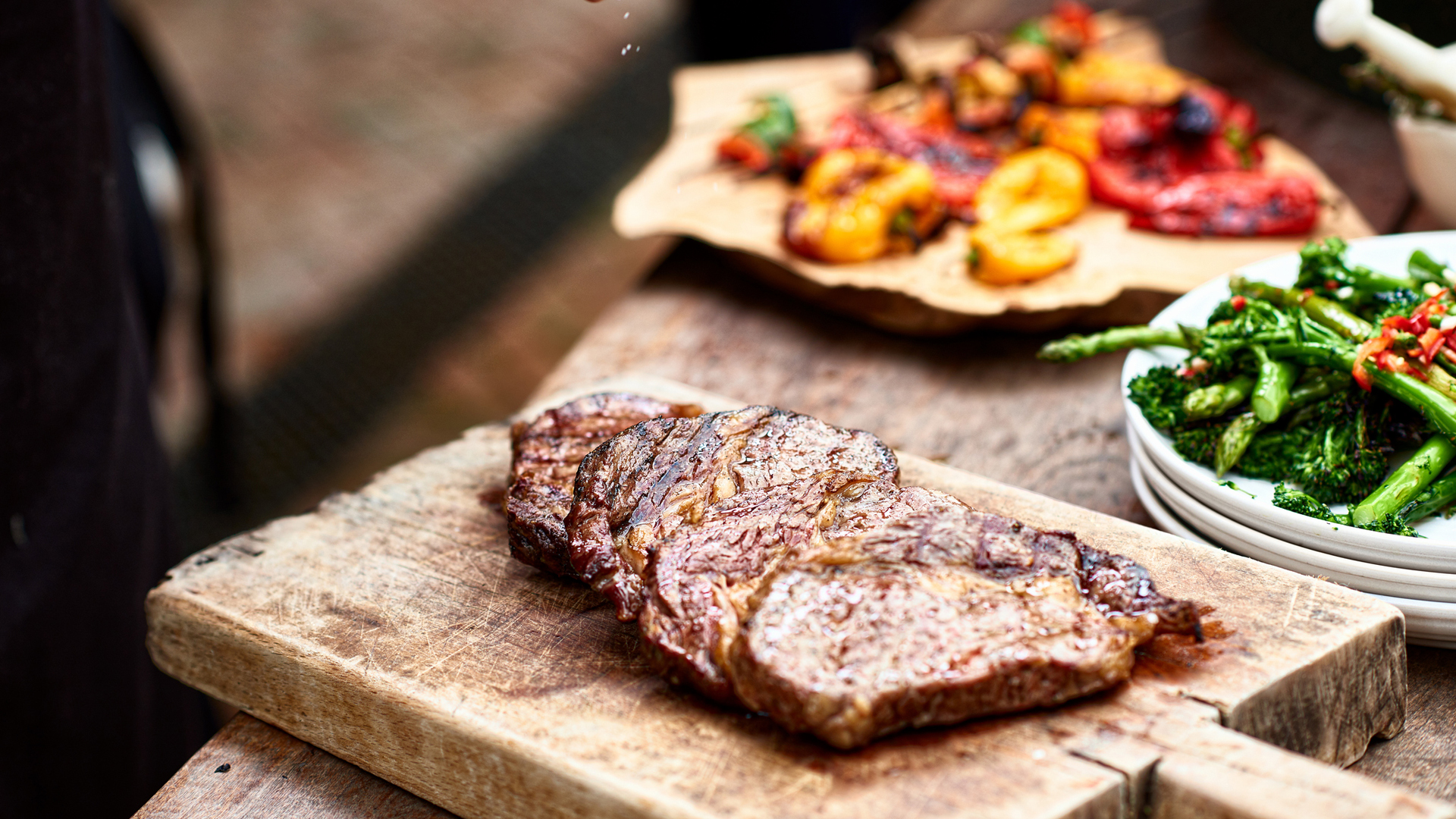
Creatine has become one of the most talked-about nutrients in the fitness world and for good reason: eating foods with creatine can help increase your muscle mass and significantly improve your exercise performance.
The body naturally produces creatine but we can also obtain it through food and supplements. According to registered dietician Rachel Clarkson, a Doctify-reviewed nutritionist, and the founder of The DNA Dietitian, about 95% of creatine in the body is found in the skeletal muscles, with the other 5% being stored in the brain.
So why is it important to eat foods with creatine if our body produces it naturally? “For any strenuous training, such as bodybuilding and running, the creatine produced by your body is often insufficient to maintain the necessary energy levels,” says Clarkson.
If you regularly partake in high-intensity styles of training, like sprinting, or lift heavy weights, it can be useful to increase your creatine intake via your diet. Some people say you can use creatine for weight loss, but that's not generally the case, as it helps increase muscle mass and causes water retention.
However, creatine is not an essential nutrient in the same way something like protein is, so if you don’t complete high-intensity training regularly, it’s not something you need to think about. That is, unless your diet significantly lacks creatine: for example, if you’re vegetarian or vegan (as creatine mainly comes from meat and fish).
Where does creatine come from?
Creatine is an amino acid naturally found in the body. Clarkson explains that, “it is produced endogenously by the liver and kidneys”. In addition to the creatine produced naturally by your body, it can also be obtained through food, mostly in meat, such as beef and fish.
Clarkson stresses that creatine is most useful for athletes who want to take their training to the next level and it isn’t recommended for people who don’t exercise. Instead, you might want to look at increasing your protein intake, if you’ve recently started exercising and are thinking about adapting your diet.
Get the Fit&Well Newsletter
Start your week with achievable workout ideas, health tips and wellbeing advice in your inbox.
As an athlete, the amount of creatine you need to consume each day is variable depending on your goals and it is possible to obtain enough creatine in your diet that you won’t need to supplement it.
However, if you want to see the benefits of creatine in a short amount of time, Clarkson recommends supplementing it in order to do something called creatine loading, a process that involves monitoring your creatine intake via two cycles.
What are the best foods with creatine?
Creatine is mainly found in animal foods and Clarkson has shared seven great sources of creatine you can get via your diet. The amounts of creatine they contain are measured per kg of food but these amounts are measured when the food is raw, and food can lose up to 30% of its creatine content when cooked.
1. Beef steaks (5g/kg)
Steak is one of the best foods when it comes to increasing your protein intake, but it also has a seriously high creatine content, too. Beef steaks are also high in iron, as well as other nutrients.
2. Ground beef (2.53g/kg)
Ground beef is a versatile ingredient to cook with and it’s a great source of creatine. Post-lifting bolognese anyone?
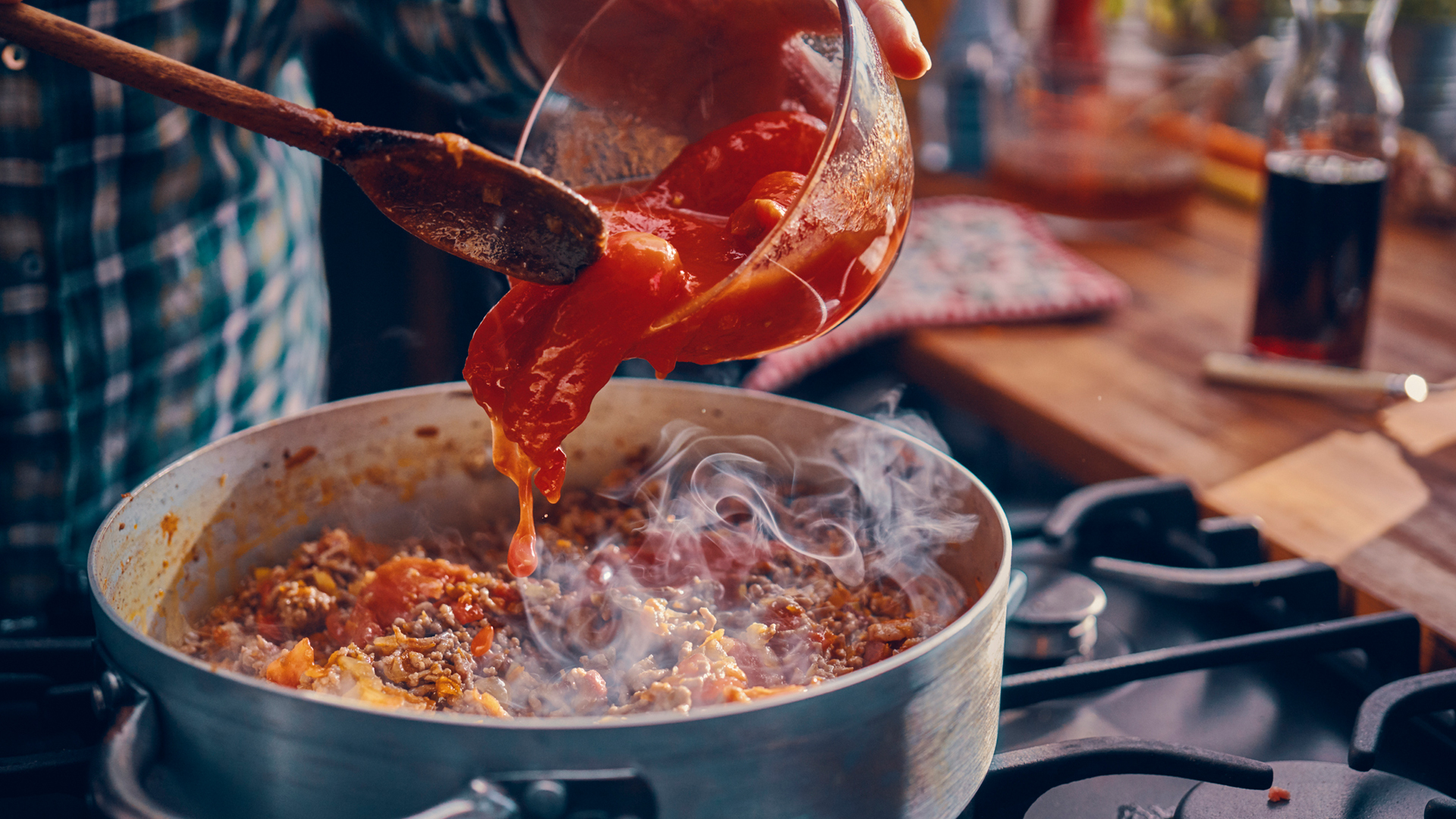
3. Herring (6.5g/kg)
Pescetarian? Not to worry: herring is a fantastic choice when it comes to upping your creatine intake.
4. Chicken Thigh (2.51g/kg)
Chicken thighs include many essential nutrients, like iron and zinc, so incorporating them into your diet can help to promote a healthy immune system. But they also contain creatine, meaning they’re a great food to incorporate into your diet as an athlete.
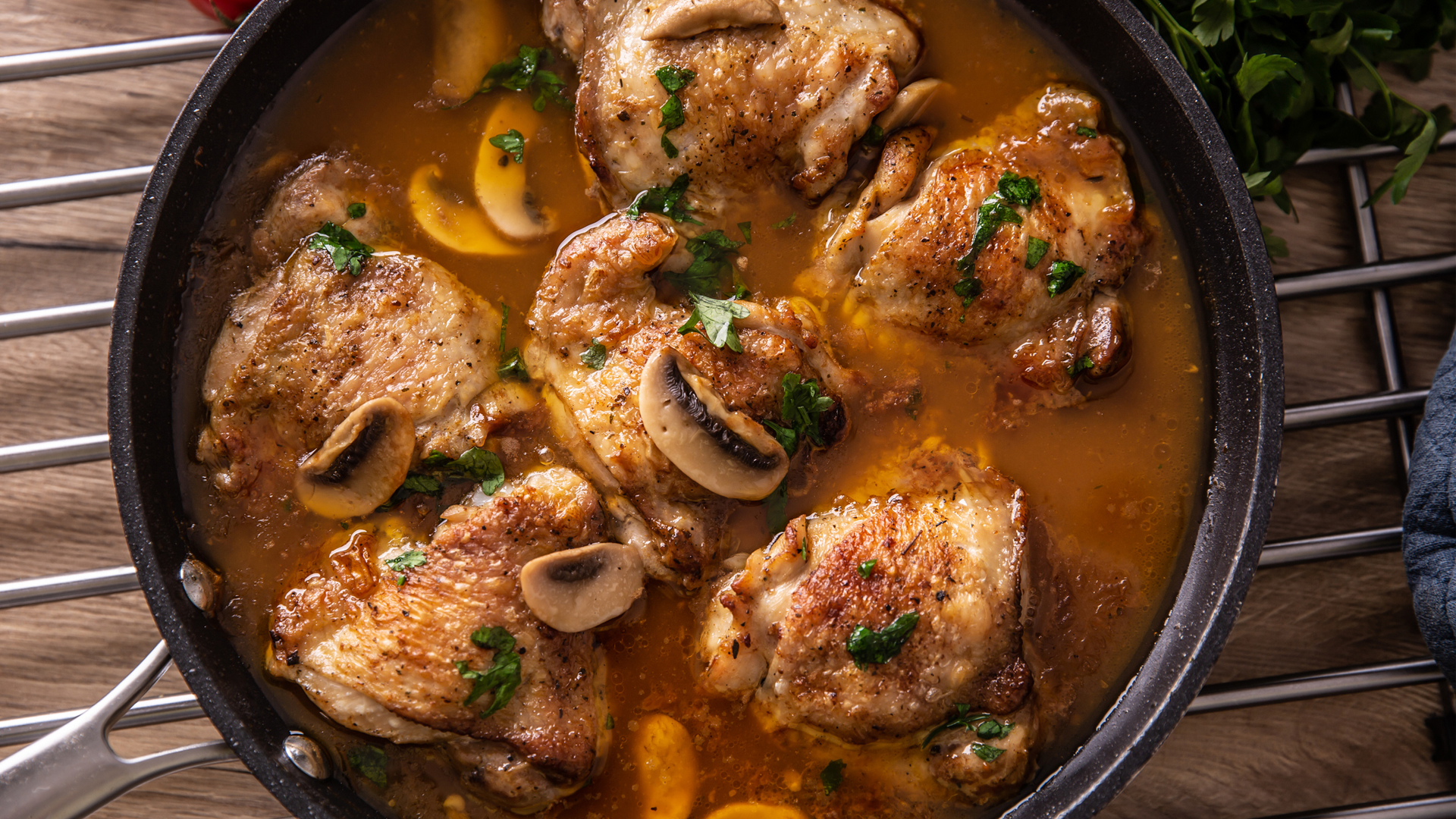
5. Chicken Breast (2.21g/kg)
Chicken breast is another good source of creatine for gym-goers, as it’s also a brilliant source of lean protein. Did someone say gains?
6. Ground Pork (1.79g/kg)
With 1.79kg of creatine per kg, ground pork is a good choice if you’re trying to up your creatine intake. Why not try meatballs with tomato sauce?
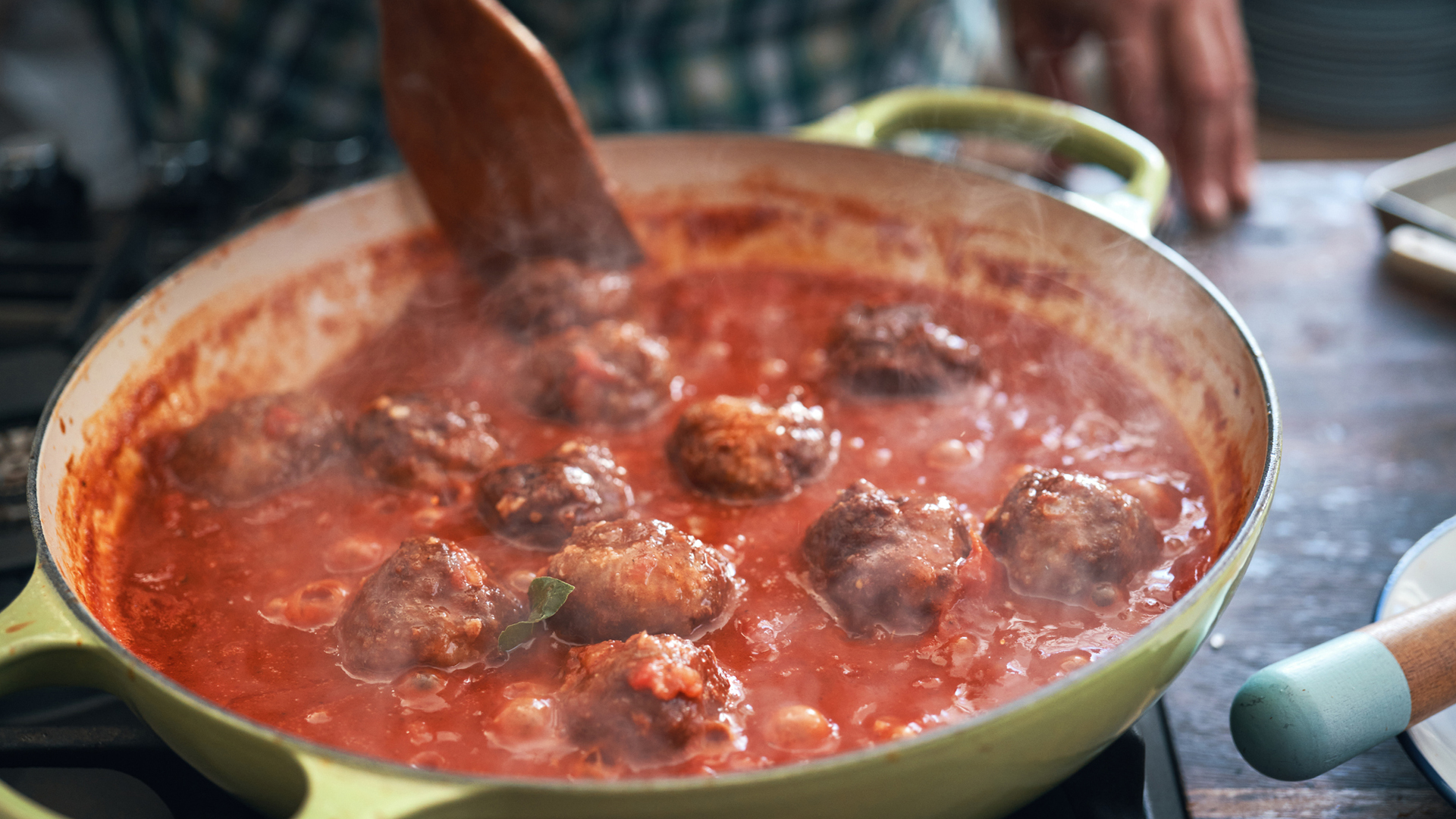
7. Salmon (4.5g/kg)
Salmon has a range of nutritional benefits: it’s rich in omega 3 fatty acids, high in B vitamins and it’s also a good source of protein. So, it’s just a bonus that it also contains high levels of creatine.
Are there plant-based sources of creatine?
Creatine is often low in plant-based foods because they do not contain the three amino acids that are required for its formation. “Creatine is formed of three amino acids: L-arginine, glycine and L-methionine,” says Clarkson. Legumes, for example, lack methionine, meaning the combination of amino acids needed for creatine to form aren’t present.
As a result, vegetarians and vegans are at a greater risk of lacking creatine. However, these three amino acids required for the formation of creatine are present in a number of seeds and nuts that are suitable for vegans. These include pumpkin and sesame seeds, almonds and walnuts.
Consuming all of these amino acids through these foods can help to support creatine synthesis, which takes place in the liver.
However, the creatine produced this way is not enough if you’re looking to significantly increase your creatine intake. For that reason, Clarkson recommends that vegetarian and vegan athletes supplement with creatine in order to see benefits when it comes to gains in power, strength and muscle-building.
Alice Porter is a freelance journalist covering lifestyle topics including health, fitness and wellness. She is particularly interested in women's health, strength training and fitness trends and writes for publications including Stylist Magazine, Refinery29, The Independent and Glamour Magazine. Like many other people, Alice's personal interest in combining HIIT training with strength work quickly turned into a CrossFit obsession and she trains at a box in south London. When she's not throwing weights around or attempting handstand push-ups, you can probably find her on long walks in nature, buried in a book or hopping on a flight to just about anywhere it will take her.
-
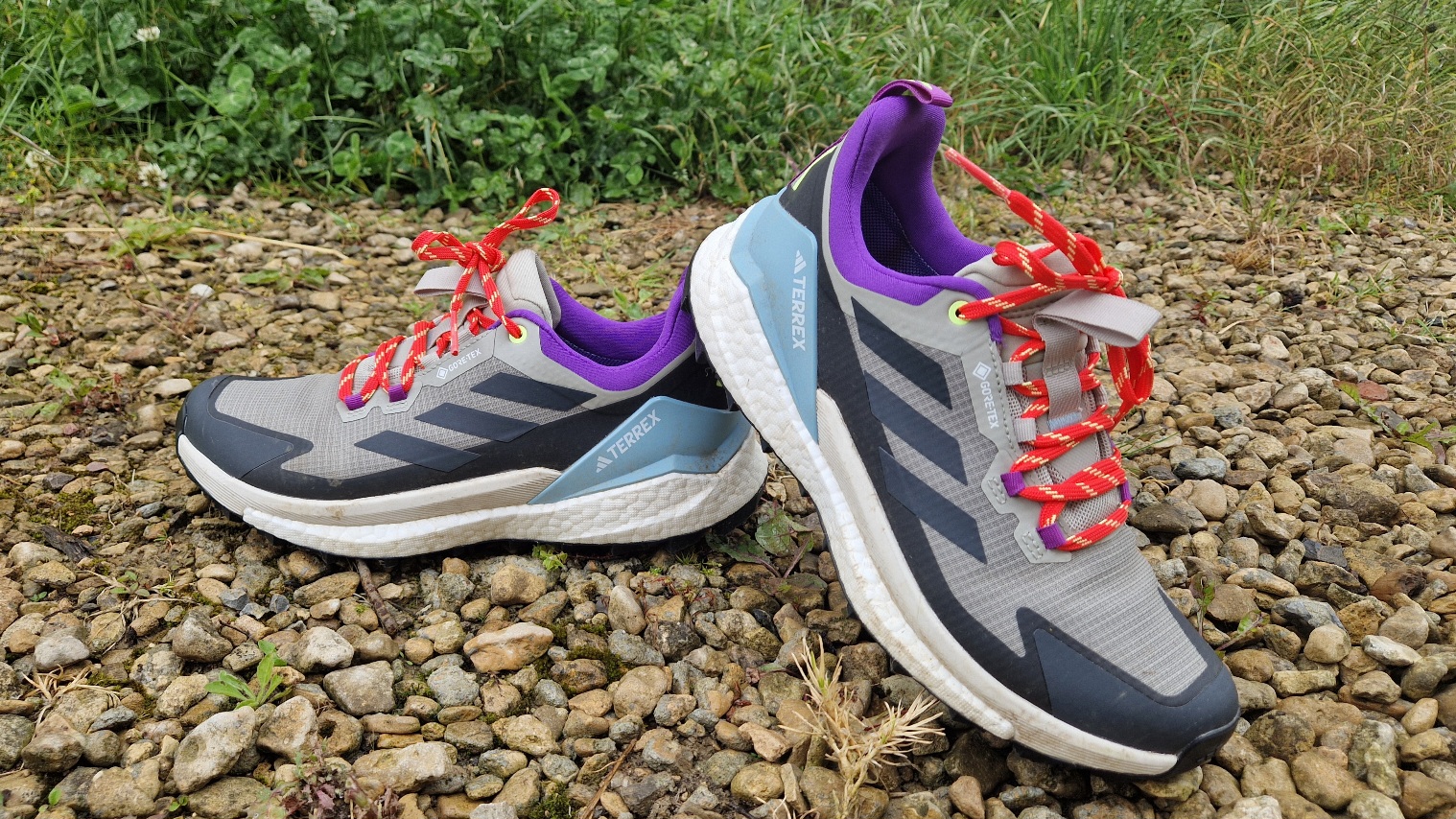 This might be your last chance to get my favourite waterproof walking shoe, and it's 25% off
This might be your last chance to get my favourite waterproof walking shoe, and it's 25% offDeal These Adidas Gore-Tex shoes are the most watertight I've tested
By Lou Mudge
-
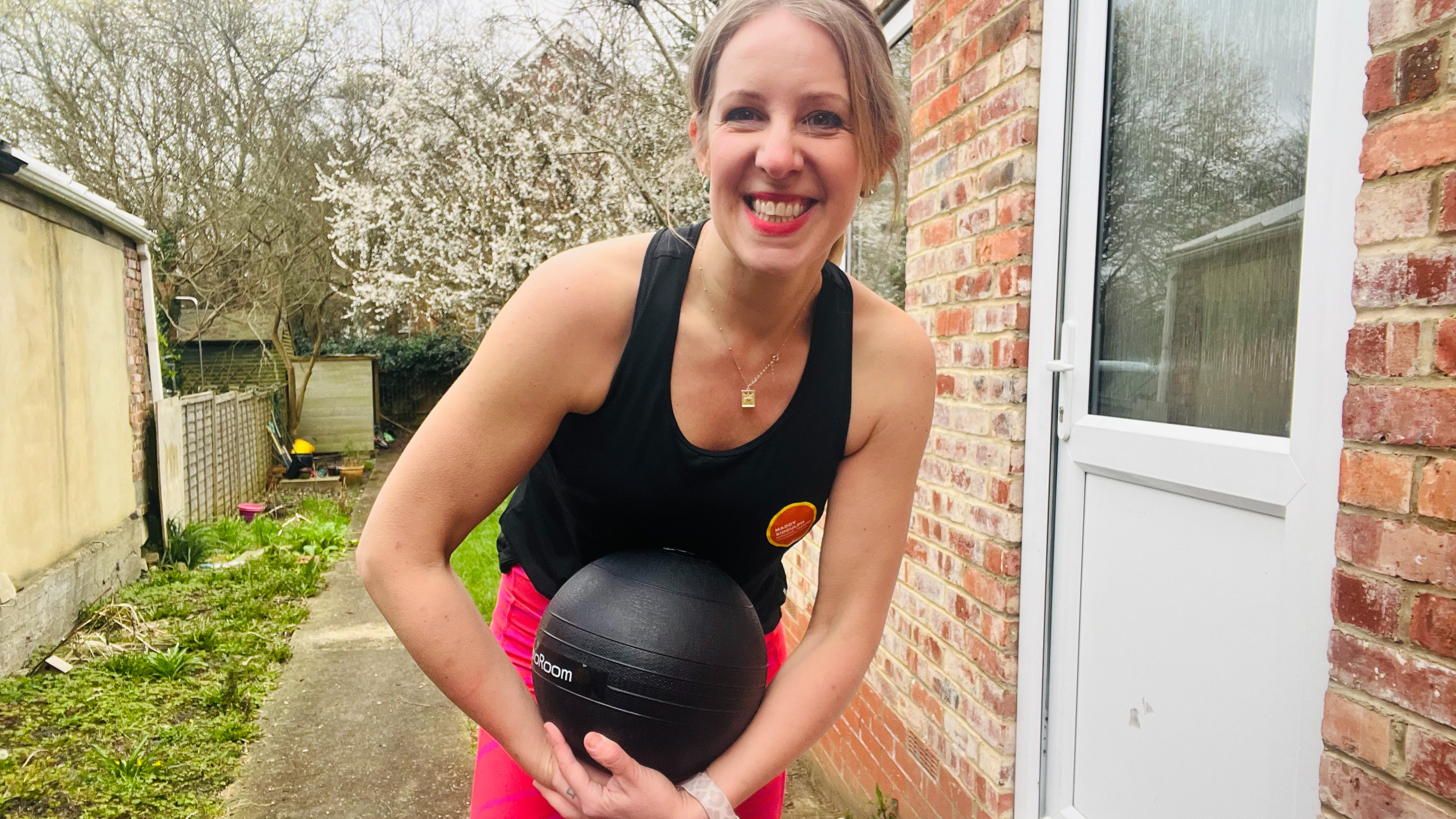 I tried wall balls for 30 days and the results surprised me
I tried wall balls for 30 days and the results surprised meTry this fitness challenge to boost total body strength
By Maddy Biddulph
-
 Best vitamin D supplements
Best vitamin D supplementsBUYING GUIDE Take one of the best vitamin D supplements to give your mood a helping hand this winter
By Alice Ball
-
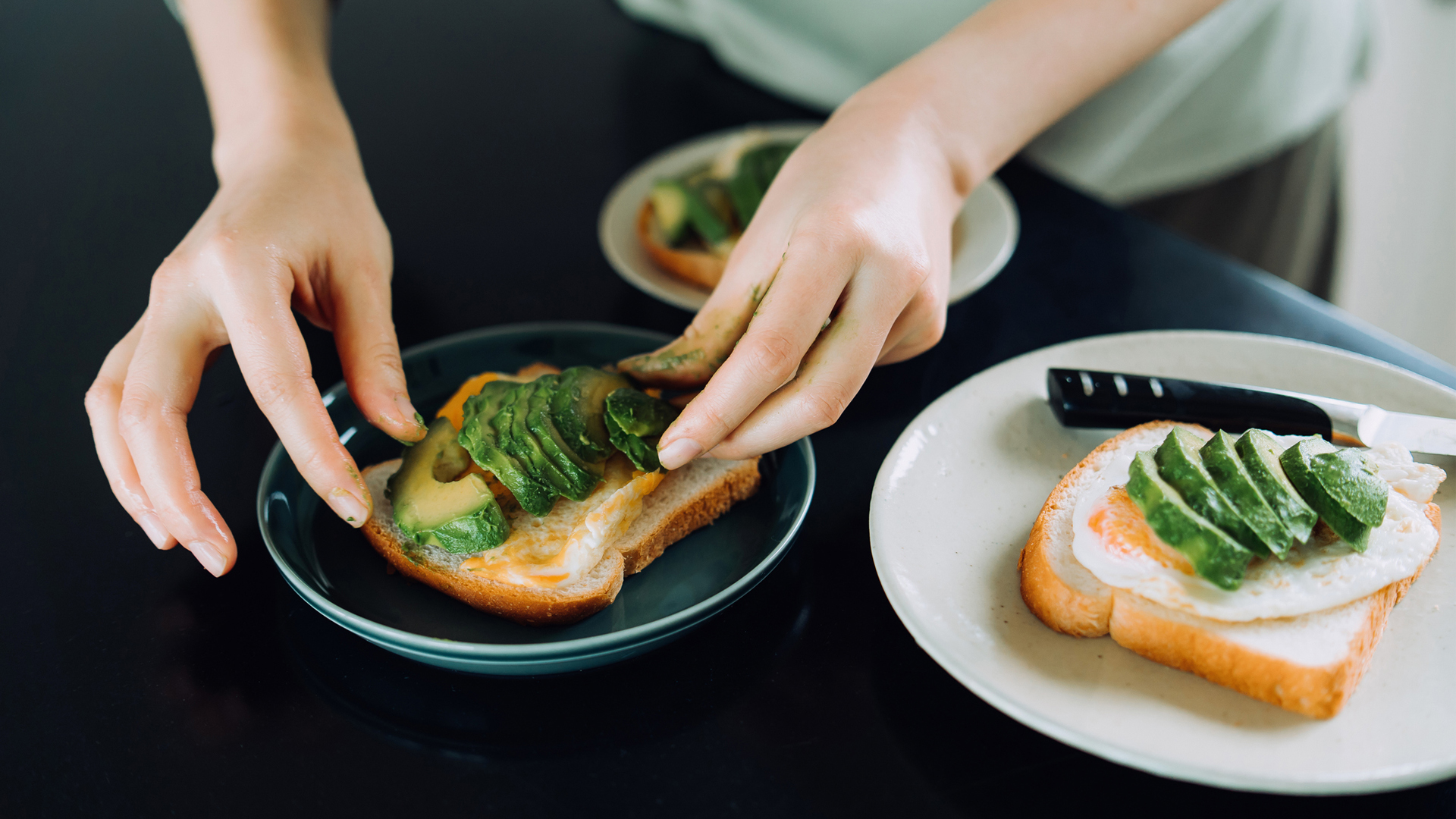 Six high fiber foods you should be eating
Six high fiber foods you should be eatingEnjoy these high fiber foods for better digestion and a healthier heart
By Anna Gora
-
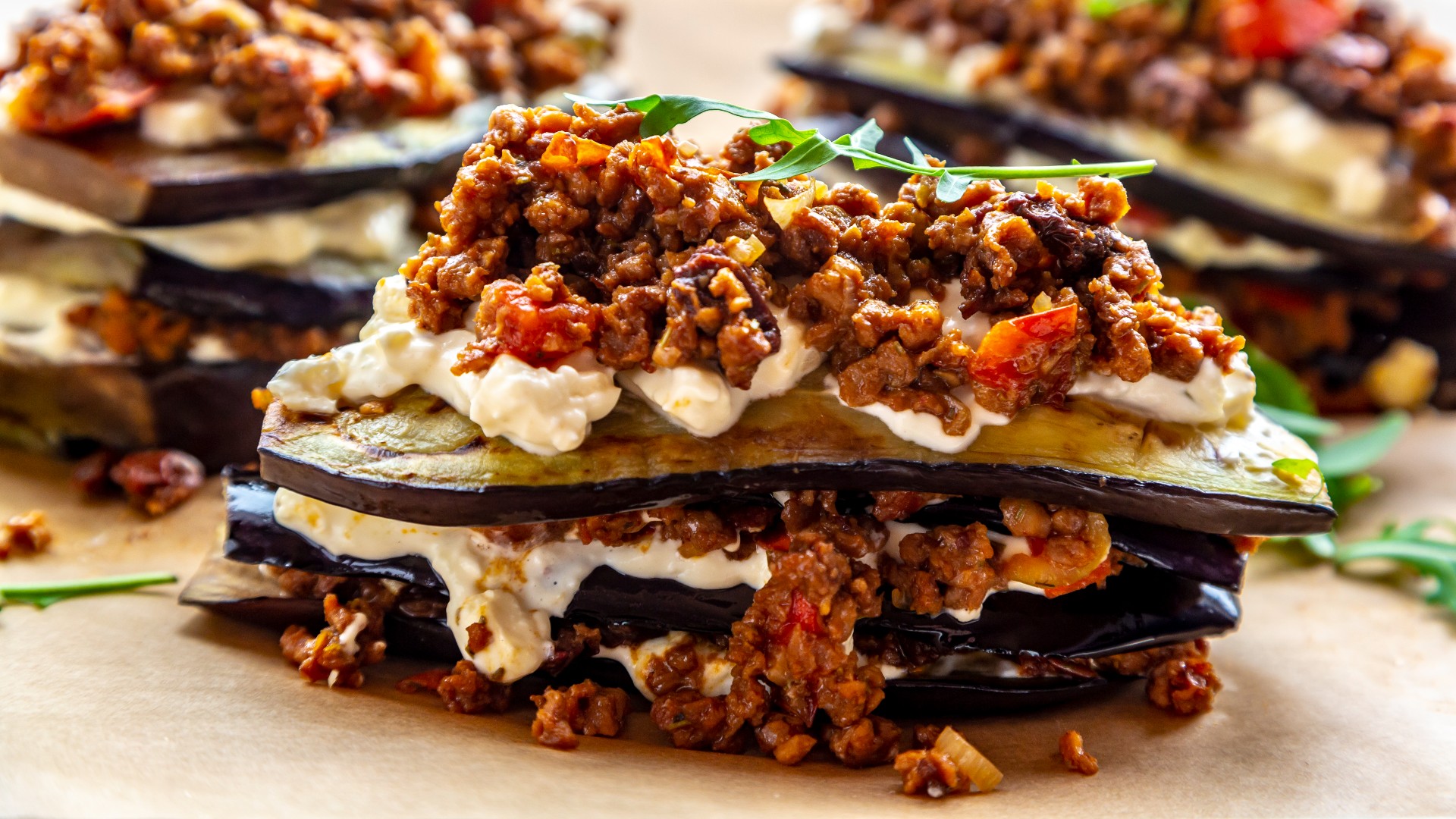 Easy low carb diet plan to help you eat well
Easy low carb diet plan to help you eat wellNutrition Looking for a low carb diet plan? We asked a dietician to share everything you need to know
By Alice Porter
-
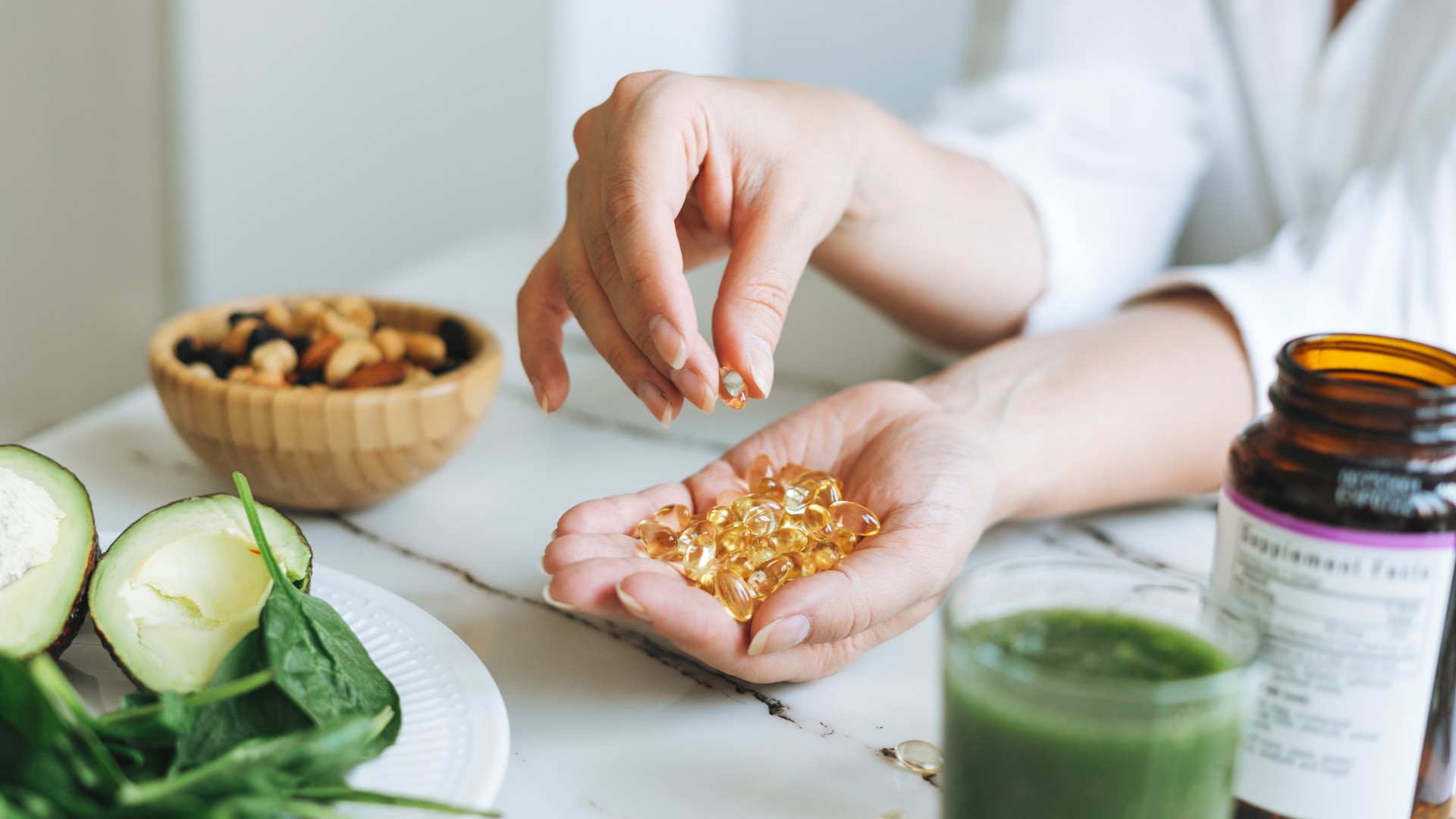 Do multivitamins work? Here’s what a nutritionist has to say
Do multivitamins work? Here’s what a nutritionist has to sayDo multivitamins work or is it better to take individual supplements? We find out which option is better and whether you need to supplement your diet at all
By Alice Porter
-
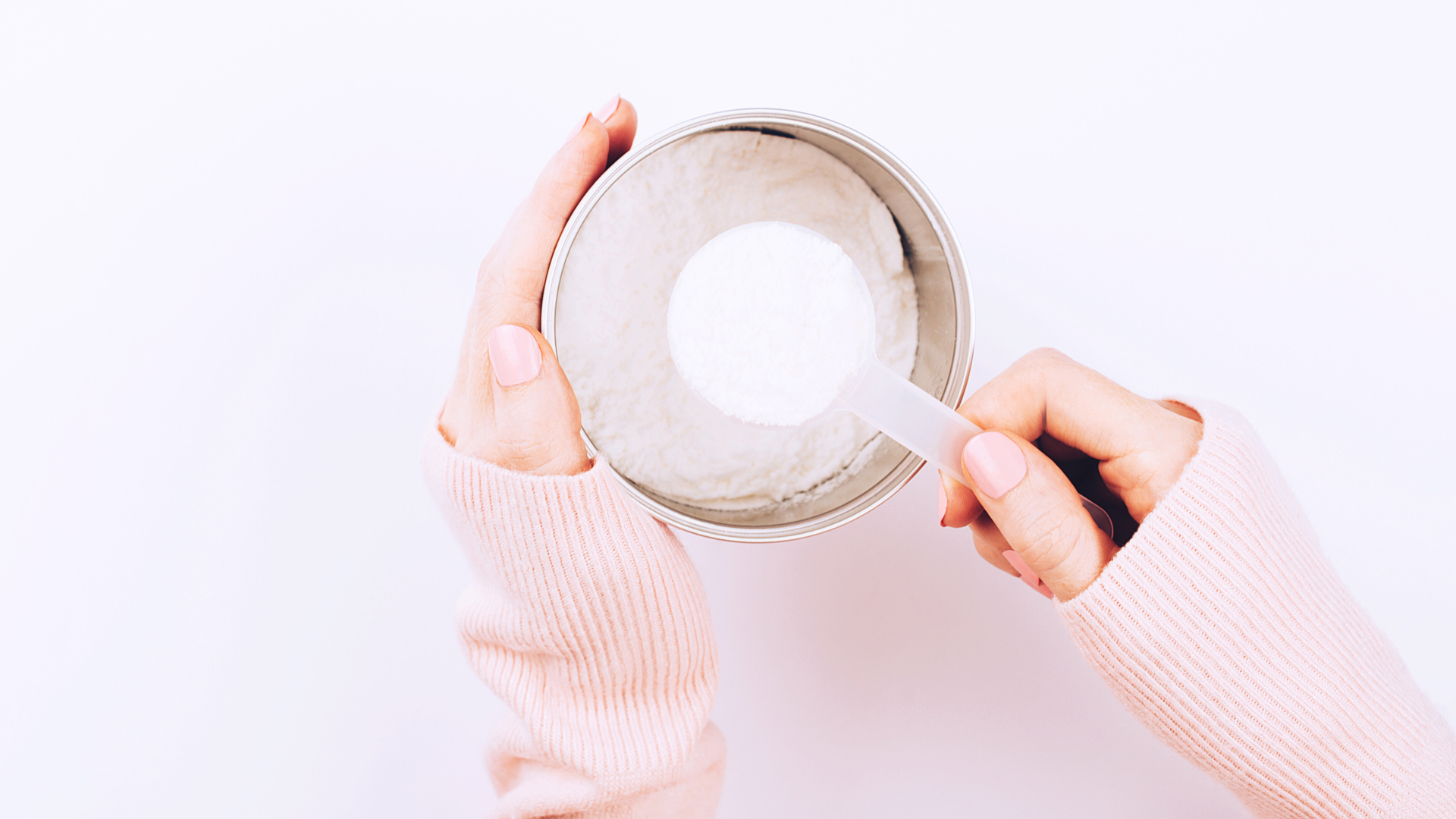 Collagen vs whey protein: what’s the difference?
Collagen vs whey protein: what’s the difference?Protein supplements are incredibly popular, but which type is best for your health? A dietician weighs up the pros and cons of collagen vs whey protein
By Alice Porter
-
 Foods for energy: what to eat to combat tiredness and fatigue
Foods for energy: what to eat to combat tiredness and fatigueFeeling tired? You may think that the only way to revive yourself is by going back to bed, but these foods for energy could help you feel full of life
By Alice Porter
-
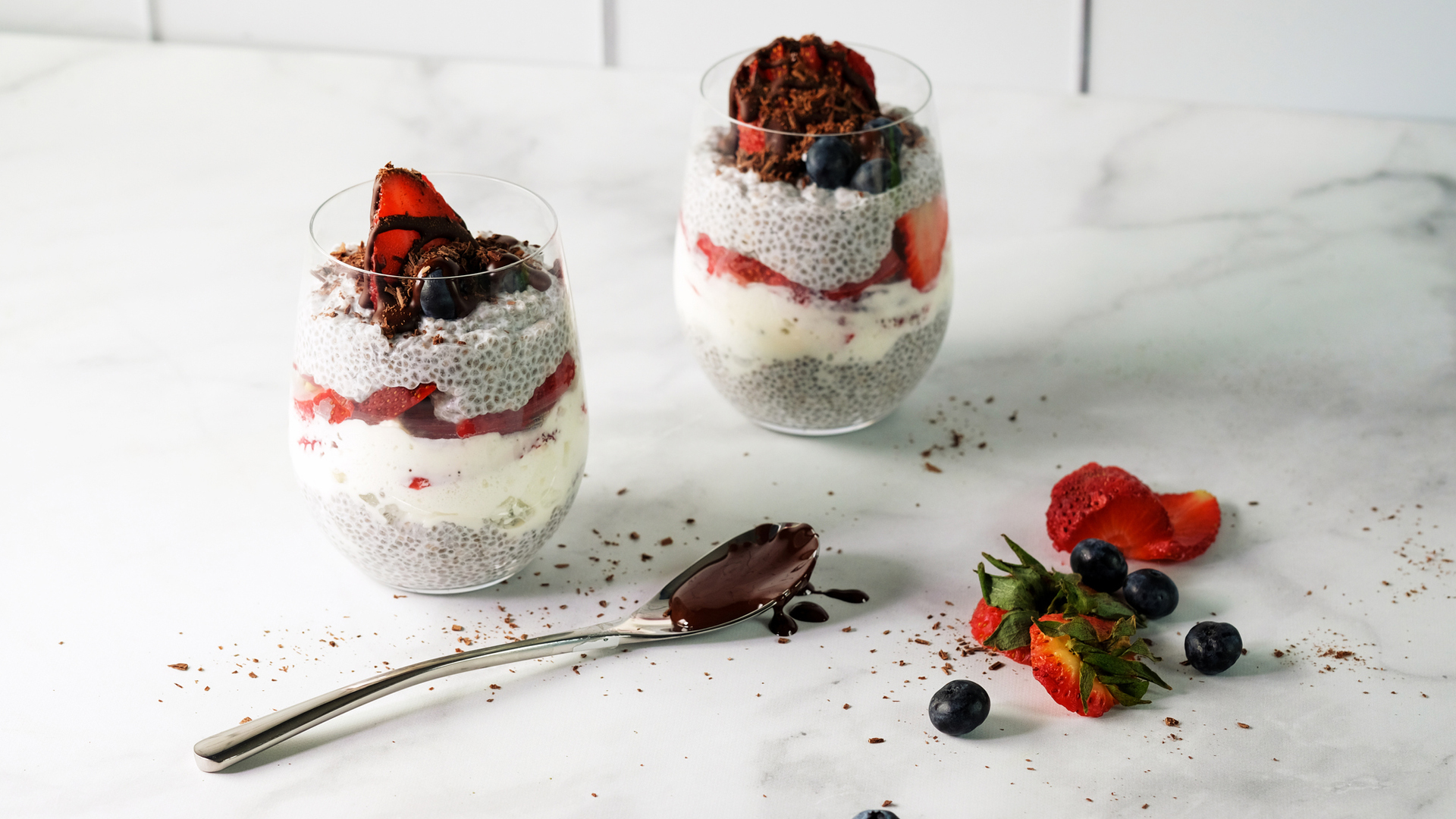 11 high protein desserts to satisfy your sweet tooth
11 high protein desserts to satisfy your sweet toothThese tasty high protein desserts will help to fill you up and build lean muscle
By Maddy Biddulph
-
 Which vitamins help anxiety?
Which vitamins help anxiety?Wondering which vitamins help anxiety? Here's everything you need to know
By Meg Walters